Herbal teas can be made from the leaves, blossoms and fruits of many plants and deliver some wonderful health benefits.
Clinical nutritionist Suzie Sawyer looks at what’s brewing when it comes to teas and finds there’s plenty of choice.
Herbal teas have long been a vital part of traditional medical systems such as Chinese Medicine and Ayurveda. And an increasing amount of scientific research shows that the health benefits attributable to them are not merely old wives’ tales.
Camomile
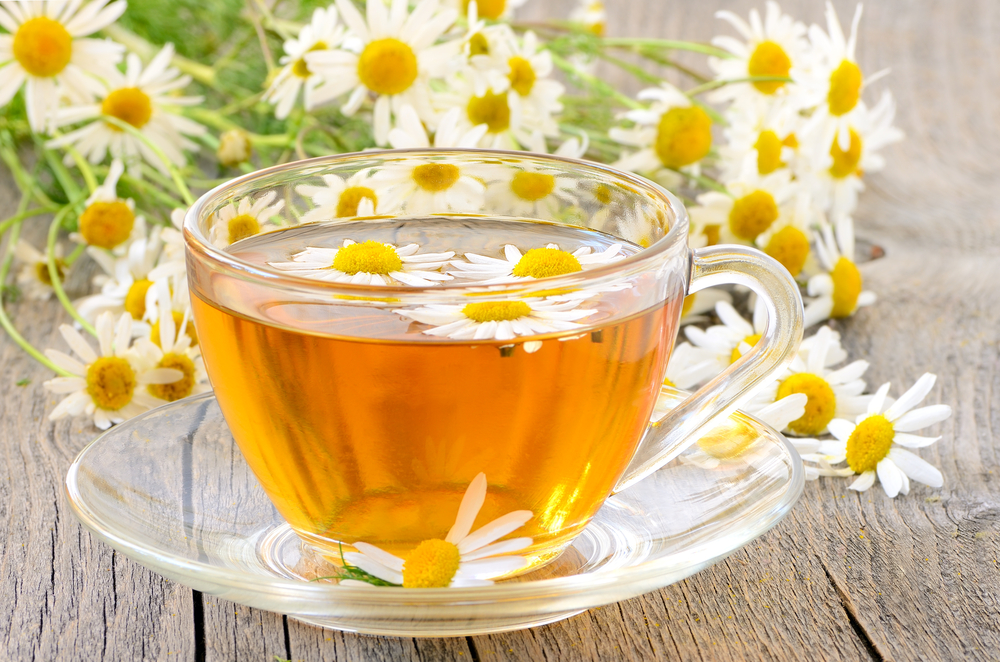
When it comes to herbal teas, this one is known for its calming properties. Camomile is also an antispasmodic, which makes it brilliant for releasing muscle tension, as well as helping poor digestion caused by anxiety.
Echinacea
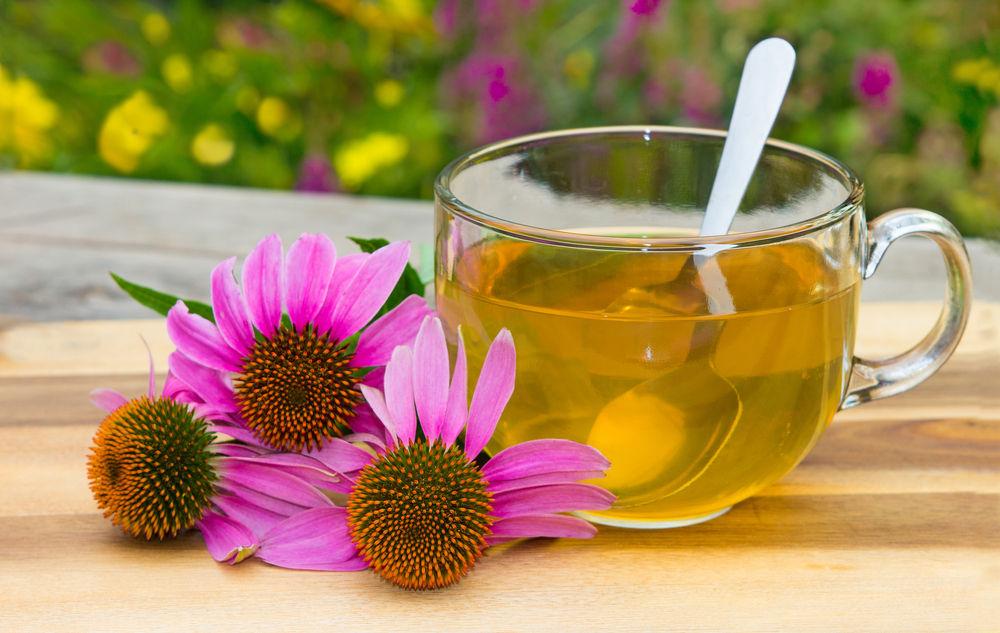
Containing two active substances, echinacoside and echinacin, this tasty herbal brew boosts immunity. Echinacea is well known as an immune system booster; the herb helps increase white blood cell production, needed to fight infections.
Peppermint
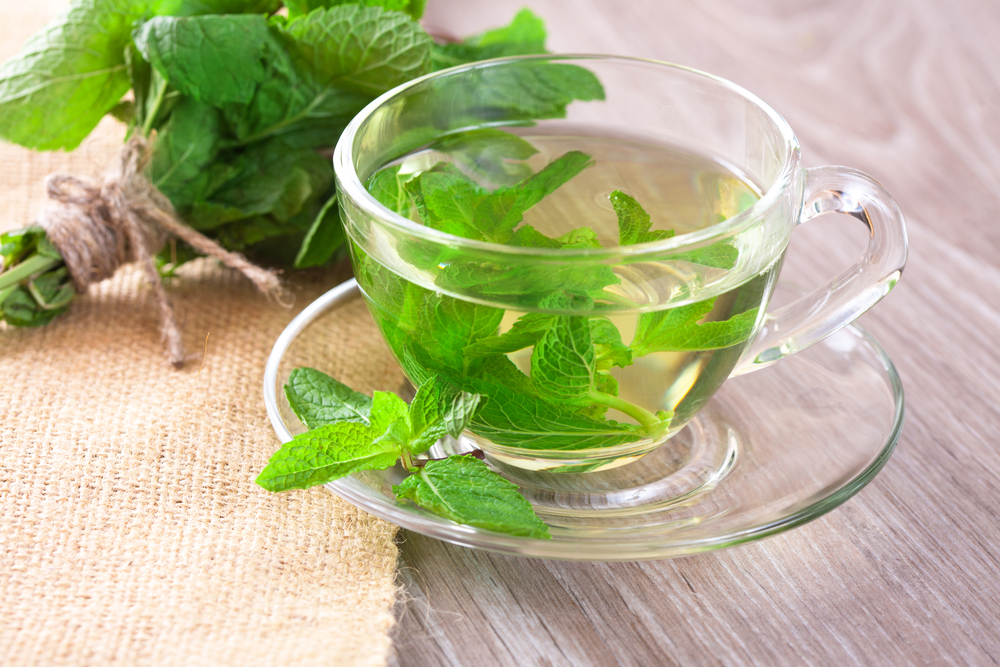
Traditionally known as an aid to digestion this is great to drink following a rich meal and to relieve flatulence. Peppermint is also a powerful antioxidant with some anti-allergy properties.
Rooibos
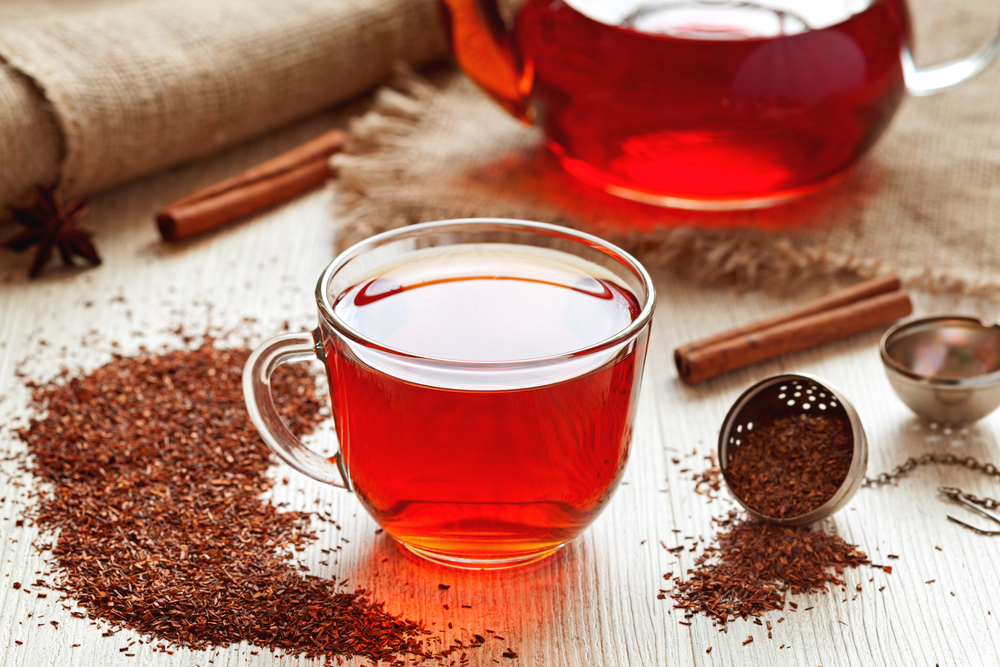
African in origin, rooibos (also called redbush) is a powerful antioxidant and immunity booster. Researchers from the University of Grenada have identified 25 different active plant chemicals in rooibos tea. It’s used frequently by people wanting to wean themselves off caffeine as it has a slightly stronger flavour than some other herbal teas.
Fennel
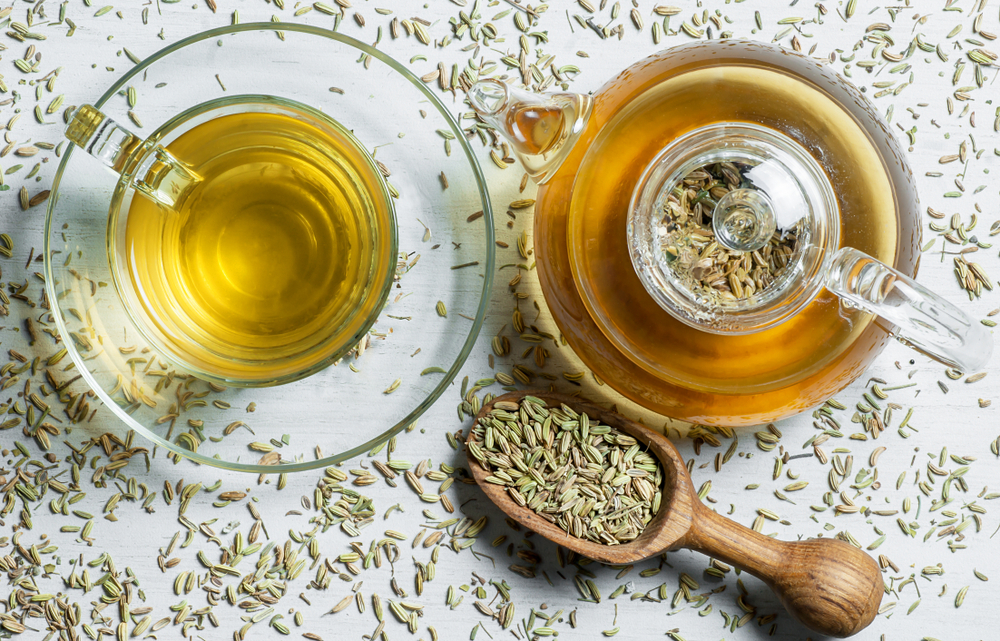
Anti-spasmodic properties make fennel good for easing indigestion, bloating, stomach cramps and wind. It is also a diuretic so can help reduce high blood pressure. And that’s not all; it seems to encourage milk flow in breastfeeding mums, also helping relieve wind in their babies.
Ginger
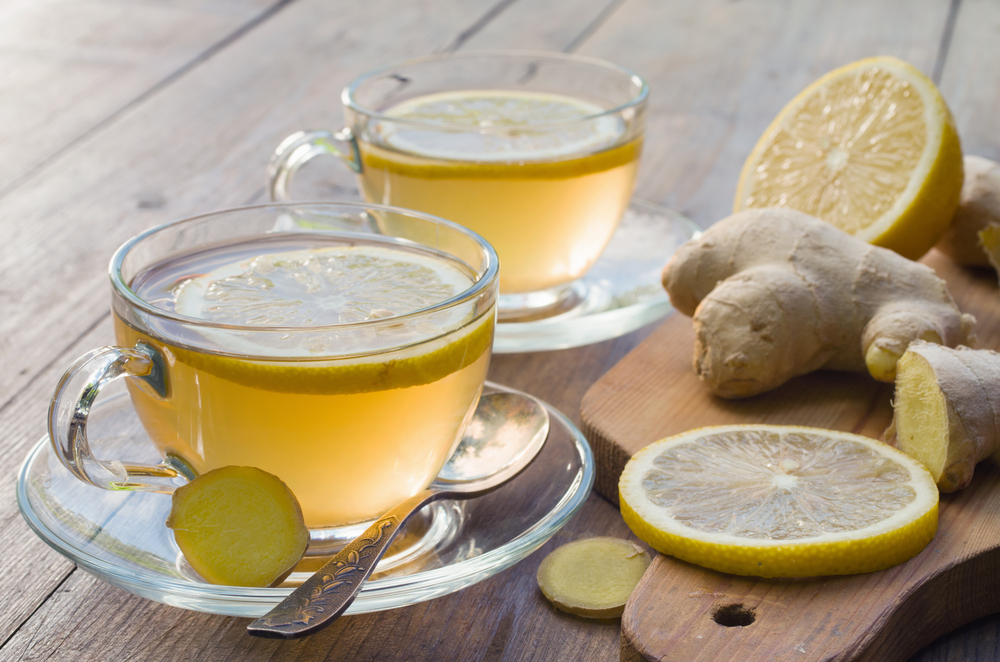
One of the best all-round teas, ginger is warming and is great in the colder months to get your circulation going. It’s also a wonderful digestive tonic because it acts on enzymes involved in digestion improving your body’s ability to absorb nutrients. Other benefits include nausea relief, including morning sickness and motion sickness.
Liquorice
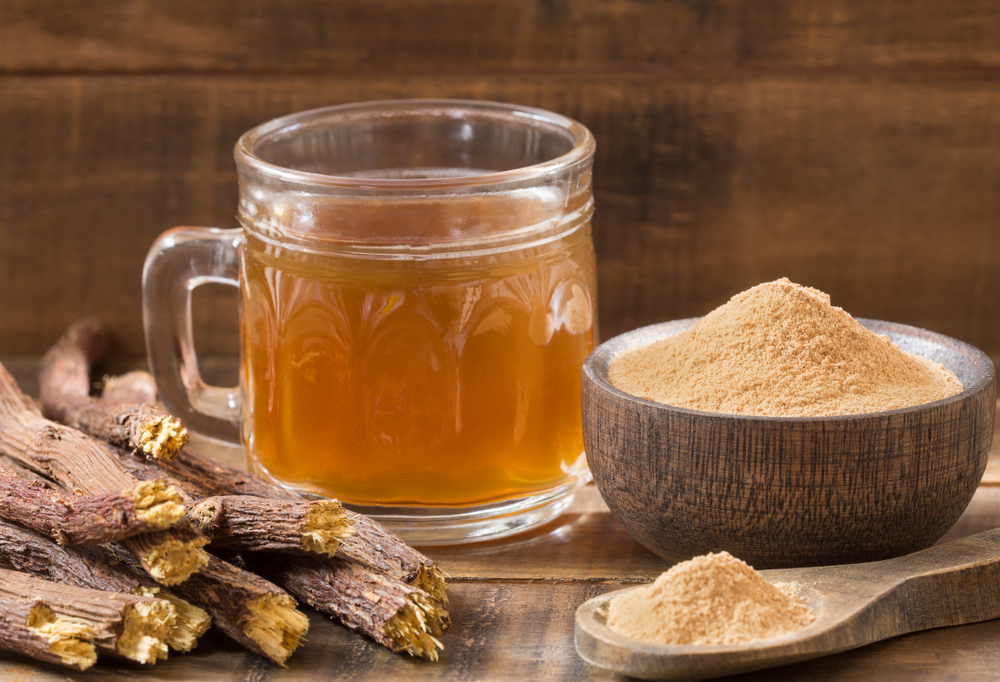
Glycyrrhizin, a key component of liquorice, prevents the breakdown of cortisol – the body’s stress hormone – making it more available to fend off stress. It’s great to sip on if you’re feeling anxious or if you’re having a stressful day at the office.
Green
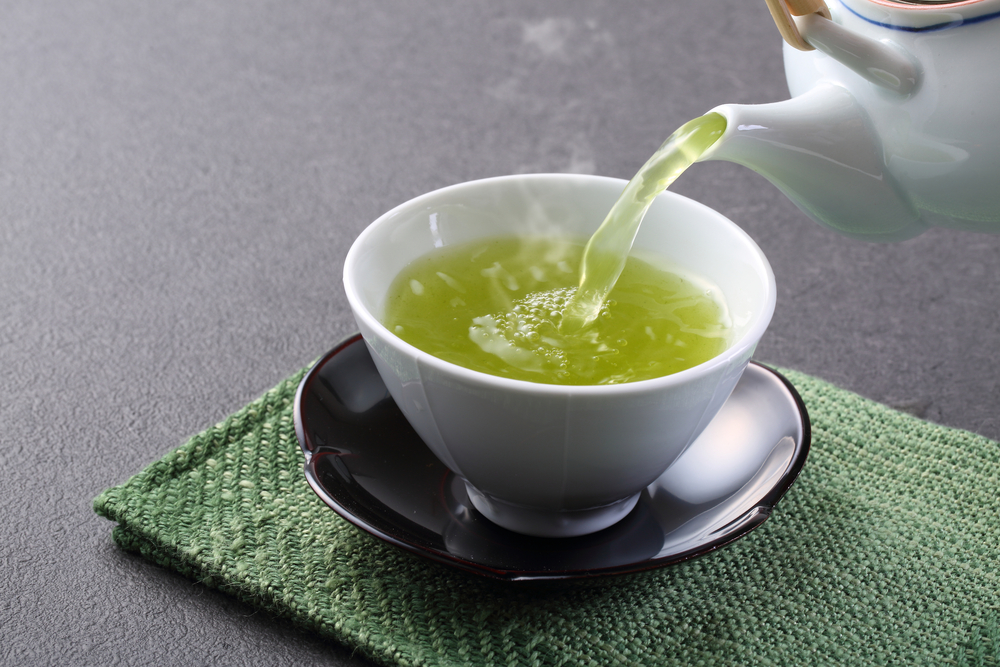
Green tea is a thermogenic herb which means it helps the body burn fat, especially during exercise. It’s therefore an active person’s tea of choice. And there’s even more benefits to green tea. Although it contains caffeine it also contains a compound called L-theanine, which reduces levels of the stress hormone, cortisol. This means you get a lift without the over-stimulation you get from other caffeinated drinks. Green tea is also naturally high in antioxidants, helping block out damaging free radicals which can increase the aging process.
Hibiscus
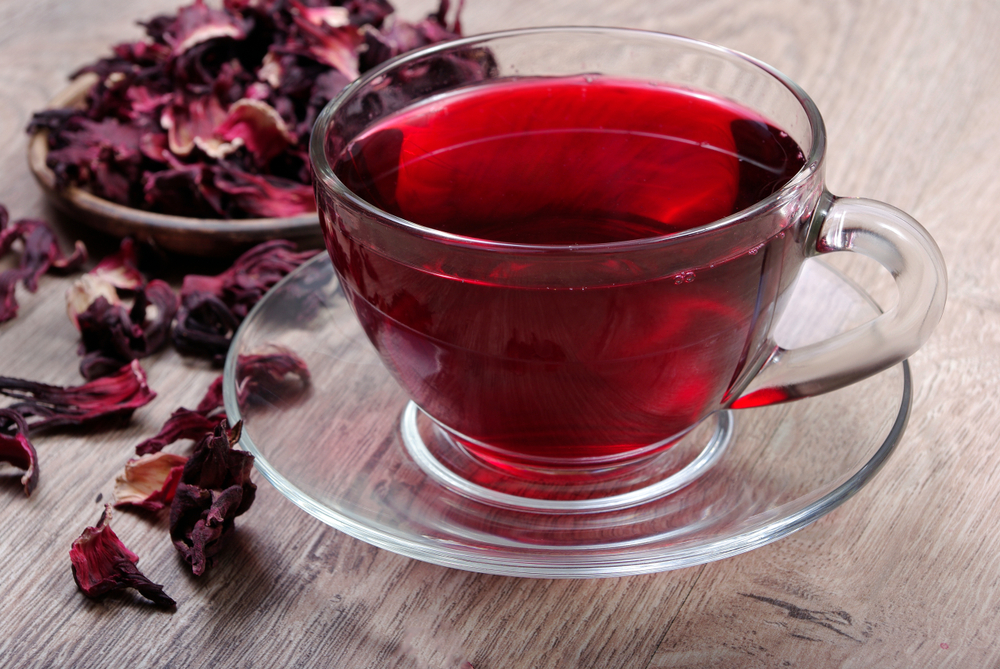
A firm favourite in parts of the Middle East and North Africa, where it’s known as karkadeh, hibiscus tea may help reduce blood pressure and also makes a very refreshing drink.
Time for tea
Here are the best teas to drink at different times of the day:
When you get up: Hibiscus to lower blood pressure.
Breakfast: Rooibos or green tea to give you a gentle lift.
Lunch: Peppermint, fennel or ginger for digestion.
Mid-afternoon: Green tea to fend off tiredness or liquorice to prevent blood sugar dips that cause afternoon munchies.
Before dinner: Ginger to help you absorb nutrients
After dinner: Fennel or peppermint to prevent indigestion
Bedtime: Camomile to help you sleep.

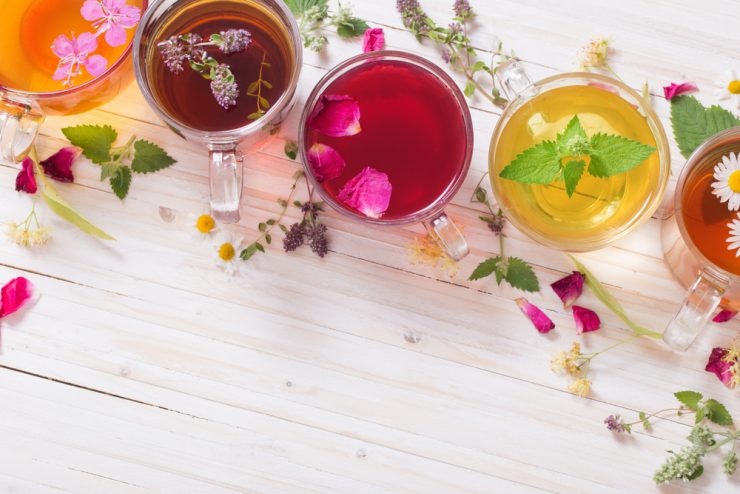






















Add comment